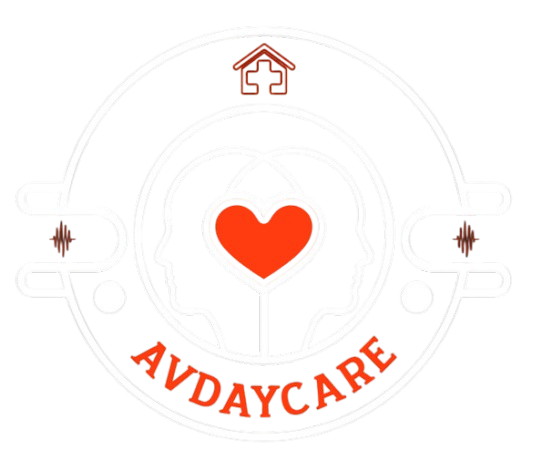
There are many ways to tackle issues with vision. Scheduling surgery with https://eyesurgery.claritymedic.com/en/services/eye-surgery/ can fix problems such as cataracts and glaucoma. Other approaches can improve poor eyesight, so without glasses or contacts, you can see well. Here’s a rundown of conventional eye treatments, why you might need them, and when you have them, what to expect.
- LASIK. LASIK is short for in situ keratomileusis laser-assisted. To people who want better vision without wearing contact lenses or glasses, it’s a process. The treatment uses a laser to dissolve tissue below the cornea’s surface. It is re-forming the cornea. LASIK may correct foresight or astigmatism. LASIK is an outpatient procedure, which ensures that a hospital stay is not required.
- PRK. Photorefractive keratectomy is the complete name for this treatment. It’s another refractive surgery kind. PRK also corrects nearsightedness, farsightedness, and astigmatism so that contact lenses or glasses are not required. Your doctor will use a laser to extract cells from the corneal layer.
- Surgery of cataracts. Cataracts grow over your eye’s lens, making it cloudy. This makes the vision bland and slow. When people age, cataracts are usual. Surgery, usually in less than an hour, will correct the problem. Your eye surgeon substitutes an artificial one for your blurry lens. This surgery is also an ambulatory operation. At first, the vision will get blurred, but it will improve after a few days.
- Glaucoma Surgery. Glaucoma gets caused by damage to your eye’s optic nerve. The usual cause is an accumulation of tension in the ear. Blindness may get prompted by glaucoma. There are two forms of surgery that can treat glaucoma. Both are aimed at reducing eye pressure. Laser glaucoma surgery is an outpatient procedure, and once it’s over, you can go home. Conventional glaucoma surgery is the other option. If laser treatment is not successful, you might need this. This is an ambulatory technique, as well. Hence, only trust the right surgeon (consider https://eyesurgery.claritymedic.com/en/services/glaucoma-surgery/).
- Diabetic Retinopathy Surgery. If you have diabetes and your blood sugar is not under control, diabetic retinopathy may develop. High blood sugar levels, including those in your eyes, could damage blood vessels. It allows water and blood to spill into the retina in the blood vessels. You could switch your view. You may see “floaters,” which are spots that your vision seems to float around. There may be two procedures: using a laser to reduce swelling in your eye and promoting the growth of new blood vessels, and vitrectomy is the other.
- Surgery of macular degeneration. The macula is your eye region, which lets you see more detail. The macula tends to break up as you age. It is termed macular degeneration related to age (ARMD). Wet ARMD is a more extreme form. In the middle of your vision, leaky blood vessels cause you to see dark spots. Laser surgery can sometimes help with wet ARMD. The eye doctor uses a laser to destroy blood vessels that get rejected. It makes it impossible to run. It also prevents more blood vessels from growing.
Note that it is important to find and only rely on trusted eye surgeons.








